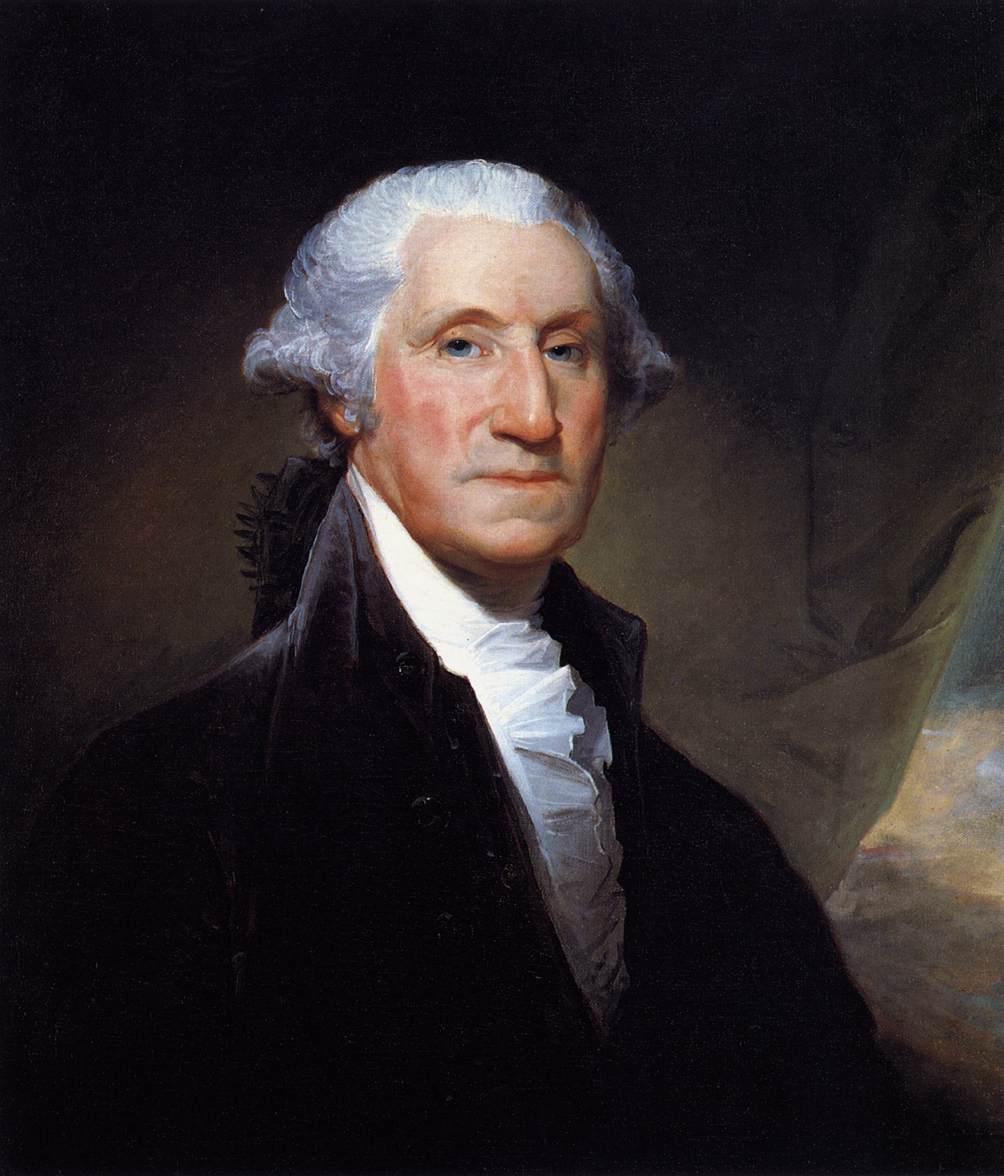On December 9, 1958, the John Birch Society was founded in the United States. December 9 marks the birthdays of
- poet and anti-censorship advocate John Milton, author of “Paradise Lost” (1608) and “Areopagitica” (1644)
- Russian prince and anarchist theoretician Peter Kropotkin (1842), author of “Mutual Aid”
- actor John Malkovitch (1953), director and star of “The Dancer Upstairs” as well as eponymous actor/character of “Being John Malkovich”
 On December 7, 1776, the Marquis de Lafayette arranged to enter the American military as a major general. On the same date in 1787, Delaware became the first state to ratify the United States Constitution.
On December 7, 1776, the Marquis de Lafayette arranged to enter the American military as a major general. On the same date in 1787, Delaware became the first state to ratify the United States Constitution.  On December 4, 1783, at Fraunces Tavern in New York City, General George Washington formally bade his officers farewell.
On December 4, 1783, at Fraunces Tavern in New York City, General George Washington formally bade his officers farewell.